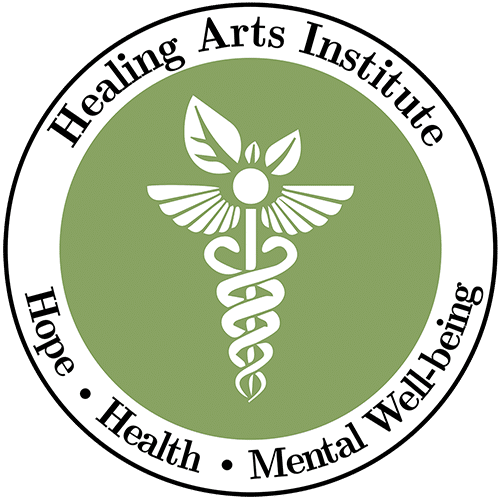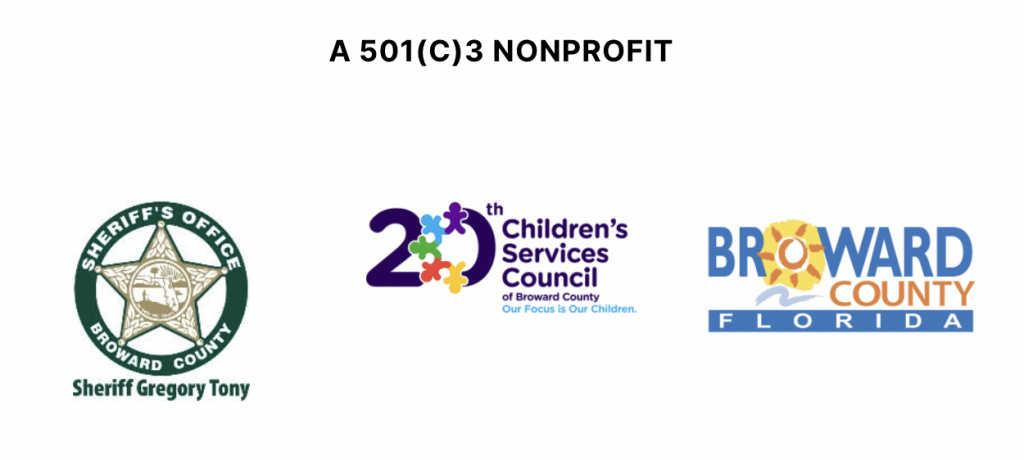
We are all living in interesting times – this past year has been one of constant change, unusual social upheaval, and the looming prospect of economic volatility. Add that to the highly polarized political climate, and we have the makings of a high stress environment.
While some people may find it easier to cope with stress than others, but it’s important to note that ANYONE can learn to better understand their reaction and control it.
Let’s talk a little about what stress really is, how it affects our bodies, and how to reduce it.
What is Stress?
Stress can generally be described in one of two ways – as distress or as eustress
Distress – This is bad stress. It weighs on us, makes us anxious, and threatens our physical health. Therefore, we want to reduce this kind of pressure as much as possible.
Eustress – This is good stress. This type can drive us and helps us to be more productive. It comes from striving to do our best and in being creative with problem solving. Learning to push ourselves just a little bit further each time we try something new is a great way to do this. Eustress can help us to become better people and we want to invite more of this kind of pressure into our lives.
Much of the stress that people are experiencing today is DISTRESS. A significant portion of this negative tension can be attributed to consuming minute-to-minute updates in the news cycle or social media feeds.
Distress leads to a constant feeling of nervousness and fear over a future that you don’t have control over.
Long-term distress can lead to the development of anxiety disorders.
How Stress Affects Your Body
It’s not just mental health concerns that you need to be aware of, it can have real and lasting effects on your body too. Without proper guidance, distress and anxiety can wreak havoc by activating your sympathetic nervous system (fight or flight response) for prolonged periods. [3]
- Your digestive system slows and becomes less active. This can result in loss of appetite and an unhealthy weight loss as your body becomes less efficient at absorbing essential nutrients.
- Sleep problems and exhaustion begin to hinder your ability to work and can reduce the quality of your daily activities.
- Muscle tension can lead to intense physical pain including back pain and severe headaches.
- Increased amounts of the stress hormone cortisol can reduce your body’s ability to fight off infection which can lead to an increased susceptibility to illness.
- It becomes harder to think clearly, learn, or follow your daily routine. Even simple cognitive tasks may seem challenging. Some people call this condition ‘brain fog’.
Controlling Stressful Situations
Learning to reduce and control stress can seem difficult at first, but with practice and patience, it can be done.
- Understand your limits and communicate these limits to others. Too often we internalize stress to not be an inconvenience to others. Don’t do this. Know what your areas of comfort are and ask yourself if pushing these limits will be beneficial. If not, begin to avoid and remove interactions and situations that put you in a stressful state.
- Adapt to unavoidable stress by reframing your circumstances.[2] Sometimes it’s not possible to remove unhealthy stressors right away. You may need time to reorganize your life to allow that to happen. While you are doing so, examine your situation from as many different angles as possible to reframe it in the most positive possible perspective. No matter how difficult things may seem, look at the bigger picture. Everything is temporary.
Reducing Unavoidable Stressors
- Take a ‘mental vacation’.[1] Your brain has a very difficult time differentiating between an actual life-threatening situation and a perceived threat. Therefore it would make sense that your brain would also be able to benefit from a perceived vacation. Taking breaks throughout the day to practice self-care in the form of exercise, deep breathing, or meditation can work wonders.
- Talk to a therapist, trusted family member, or clergy. Sometimes just talking to someone can help you to frame your stress in a way that makes it easier to live with. While the goal is to eventually remove yourself from the negative situation, management of it in the meantime can perform wonders for your health.
Self-care, a healthy perspective, and proper guidance from a mental health professional are essential to controlling stress and your response. Healing Arts Institute selects only the best therapists to help guide you in your life’s journey to be the best you can be.
Citations:
- “Controlling Stress.” UMN Extension, 2020, extension.umn.edu/stress-and-change/controlling-stress#easy-relaxation-techniques-464412.
- “Need Stress Relief? Try the 4 A’s.” Mayo Clinic, 14 Feb. 2020, www.mayoclinic.org/healthy-lifestyle/stress-management/in-depth/stress-relief/art-20044476.
- “Stress: Signs, Symptoms, Management & Prevention.” Cleveland Clinic, 2021, my.clevelandclinic.org/health/articles/11874-stress.


4 Responses
[…] Irritability and anger are common emotions for people who are not tuned into their emotional state. They are our base reactions when we are feeling confused or in an unfamiliar situation. […]
[…] In an earlier blog, we talked about how stress can have a very real and negative impact on your physical health. One way to reduce long-term stress is to build your inner resilience – learning how to restructure your way of thinking to allow yourself to handle stress healthily. […]
[…] It is important to sleep when you are tired, to eat when you are hungry, and to relax when overworke… […]
[…] How Long-Term Stress Can Make You Sick Choose to Challenge (and Overcome) Mental Health Stigma […]